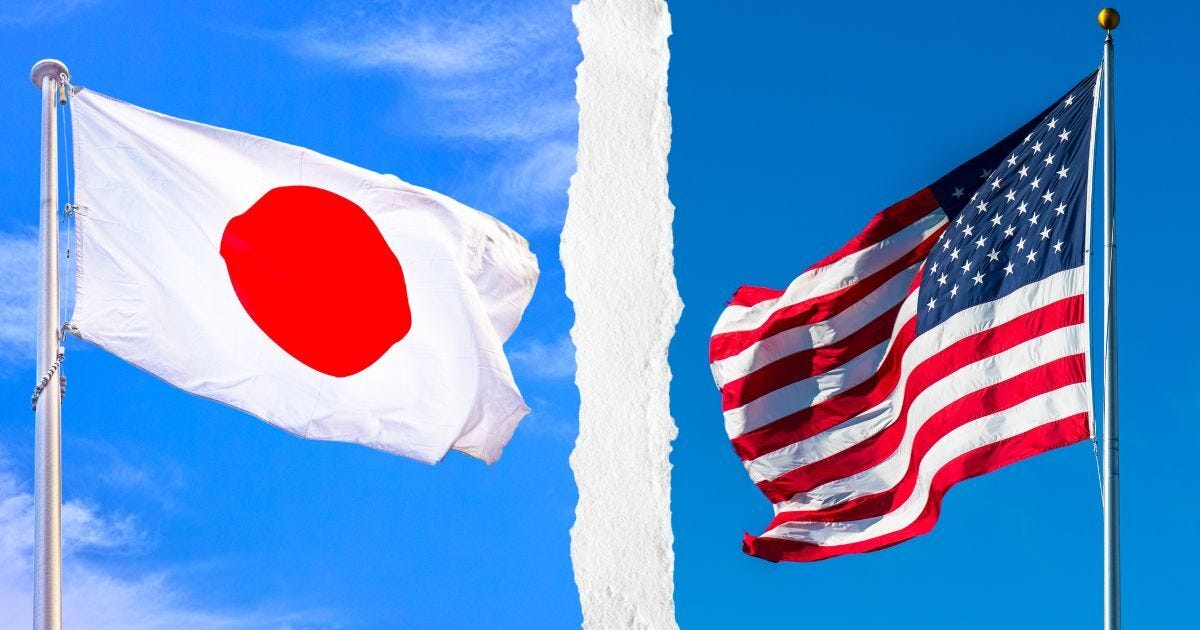Fast Deals vs. Long-Term Trust: The U.S.-Asia Energy Trade Divide
America's direct style and quick decisions keep testing relationships with allies who prefer careful planning and group choices.
There are sharp differences in how nations use authority, share information, and deal with risk.
Trump states demands directly and expects quick answers. Asian leaders at the other end of the cultural spectrum respond with careful signals and traditional protocols.
What's Happening
Japan and other Asian buyers look to step up US LNG purchases
Alaska project featured prominently in Trump talks with Japan PM Ishiba, officials say
US stressed Japan's trade imbalance, and maritime security in Ishiba meeting, officials say
Alaska LNG developers seeking investment from firms such as Japan's Inpex, sources say
We're not just seeing different business styles. We're watching a deeper story about how cultures work together - or fail to work together.
What path creates lasting partnerships? It all depends on your Cultural Perspective.
The Perspective
I observe three key differences that show why these nations can't connect right now. Trump announces big energy plans without warning. Asian leaders say positive things in public while holding private doubts. Traditional diplomats try to bridge the gap with careful language.
This goes beyond simple misunderstandings. The basic ways these cultures handle power, information, and uncertainty don't match.
This mismatch puts global energy security at risk. Asian nations build trust through careful steps, group decisions, and long-term relationships. America's new authoritarian approach is incompatible with these cultures. It could break the system that keeps energy flowing reliably between nations.
Why It Matters
These cultural splits matter because they shape more than just today's decisions. They determine whether nations can work together tomorrow.
When Trump pushes for fast answers and Asian leaders take time to consider every angle. These are two very different ways of building relationships between nations.
Each country's style comes from its own history and values. No single approach works best in every situation.
What It Means
These cultural gaps create three big problems for global energy trade.
The first problem is how nations share information. Trump speaks directly about what he wants. Asian leaders use subtle hints and careful silence to send messages.
When Japan's leader stays quiet about the Alaska project in public, he's communicating something important. But the message gets lost between cultures.
The second problem is how nations handle risk. Asian countries want detailed plans and guarantees. America prefers big ideas and quick action.
When Asian leaders mention "doubts about viability," they're asking for more certainty. These different attitudes toward risk stop projects before they start.
The third problem is how nations show power. Trump uses "forceful and tenacious" demands to reshape energy trade. Asian nations prefer building agreements through traditional channels and cooperation.
When Trump pushes too hard, it damages relationships that took decades to build.
What's Next
These cultural differences will grow stronger unless nations learn new ways to work together. America's direct style and quick decisions keep testing relationships with allies who prefer careful planning and group choices.
Watch how Asian nations build stronger regional partnerships, including China, while keeping distance from America's changing and unpredictable positions.
The future needs more than just good energy deals. It needs understanding of how different cultures talk, think, and work together.
Success means learning to work with these cultural differences. Trying to make everyone follow one style will fail.





